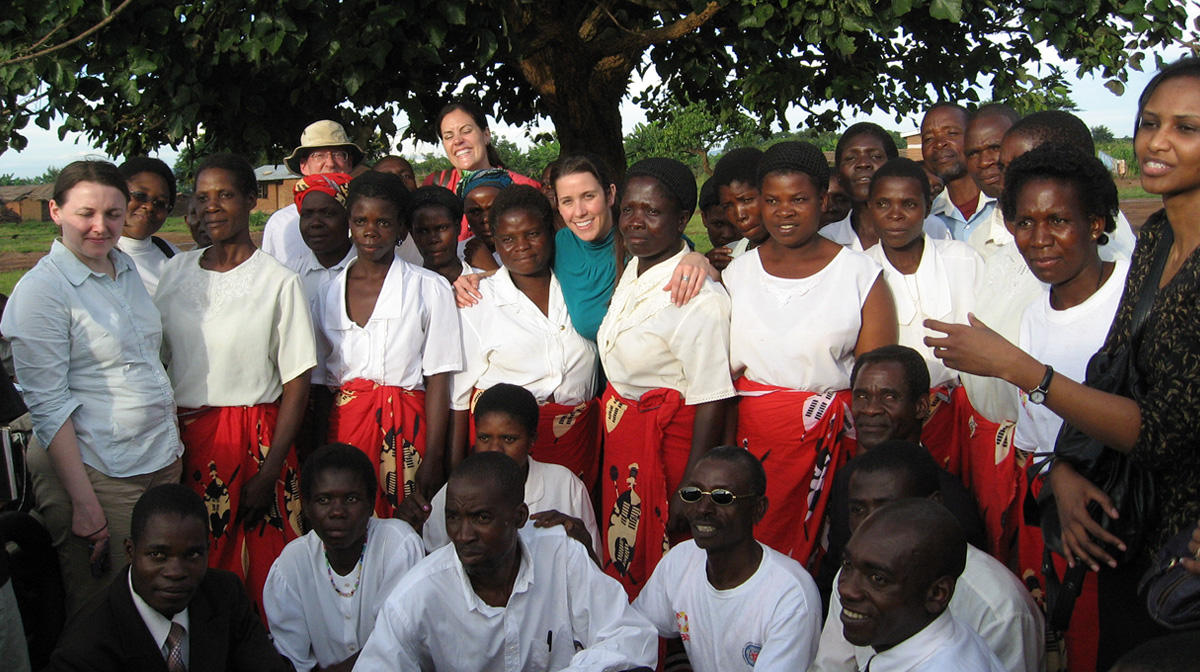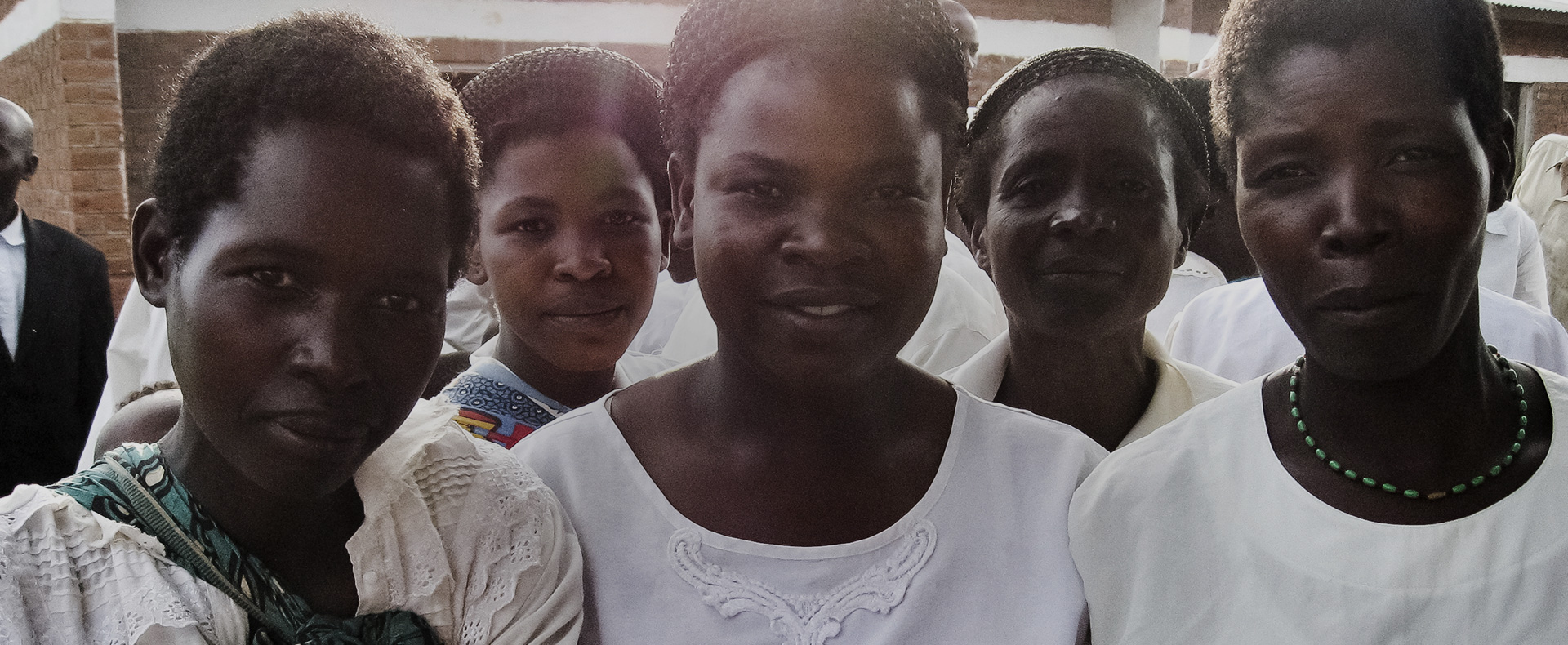Mamie Wise Discusses New Perimeter's
Project in Malawi



When I first heard about the New Perimeter Financial Inclusion Project, I was intrigued by its focus on rural women as well as the village savings and loan model. I was excited to be selected as part of the team and for the challenge of putting my experience analyzing international statutes and doing local advocacy to work in a different part of the world. Starting in late 2010, we got to work researching best practices for microfinance, reviewing the Malawian statutes and pending legislation, reaching out to local stakeholders, and learning more about the country. Another part of our team did a similar analysis for Rwanda.
In March 2011, I joined two others from DLA Piper and New Perimeter (Jay Finkelstein from Northern Virginia and Sara Andrews from New York) and lawyers from project partner CARE on a trip to Malawi. On our first day, we visited a CARE Village Savings and Loan Association (VSLA) meeting, which set the tone for the week. We traveled about two hours on muddy roads from the city of Lilongwe to the small village where the women lived. The seventeen women welcomed us with dancing and singing and were all dressed alike in chitenjes (wrap skirts) they had selected to identify their group. As the meeting got started, each woman came forward individually to make contributions to the common fund and to buy shares in the group.
Afterwards, she would chant something to the others, who would clap in unison and chant back. We learned later that each woman was reciting a section of the group’s constitution – a clever way of ensuring that all members of the group know their rights and responsibilities, even if they cannot read and write. The members’ response was an encouragement to keep saving – counting out the number of shares that each had bought as a bit of a celebration. The group will loan the money it collects to its members to help them start small businesses or finance other projects. The members pay back their loans with interest, and at the end of the year, the members cash out their shares – a significant sum for women who are often brand new to savings. The goal is that women who belong to VSLAs will ultimately be able to “graduate” into the formal financial sector and gain financial security for their families.
After the meeting, we spoke with some of the women who told us about the financial security and opportunities that membership in the group had brought to their families, how some walked for an hour to be there every week, and how they were able to share their knowledge with their families. It was clear that the women took great pride in being part of the group and saving for their families. I was particularly encouraged to see a few small children on their moms’ backs at the meeting as well as older ones playing outside – undoubtedly they will be learning about finance and savings from an early age. Based on my experience at the meeting and the personal stories that the women shared, it is clear that this model works – and contributes to real change for people in Malawi.
After our initial visit, we spent the rest of the week working with the CARE International and CARE Malawi country office staff to analyze the microfinance landscape in Malawi as well as to identify potential advocacy strategies to increase access to VSLAs. The New Perimeter team prepared a comprehensive review of the current banking and finance legislation in place with regard to microfinance, the recently enacted Microfinance Act, as well as proposed regulations which are still under review. Our partners from CARE led discussions about impact groups, barriers to financial access, gender issues, and best practices from other countries that might be adopted in Malawi. Ultimately, our group identified financial literacy and agent banking as their top priorities for advocacy.
The next day, we met with government officials, the Malawi Microfinance Network, and Opportunity International Bank of Malawi (a commercial bank and microfinance organization), which seeks out VSLA graduates and shares many common objectives with CARE, to discuss our goals and strengthen their bonds with CARE. From there, we worked on developing specific advocacy strategies and opportunities to improve financial literacy and agent banking.
At the end of the week, the country office staff shared reflections and told us that they had never done such an in-depth, collaborative analysis of an issue from so many angles: legal, financial, political, and gender-based, among others. They were confident that they would be able to employ the skills they learned as part of their daily work with microfinance and more generally. I was so encouraged to hear one of them say how the New Perimeter team in particular had helped her think about her work in a new way. It really hit home with me how important pro bono work really is and how lawyers can use their unique skills to make a difference. It was a great experience to be involved in this project and one of the most memorable of my career thus far.
Promoting Financial Inclusion
for African Women
